
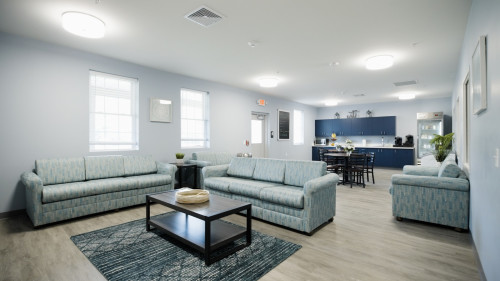
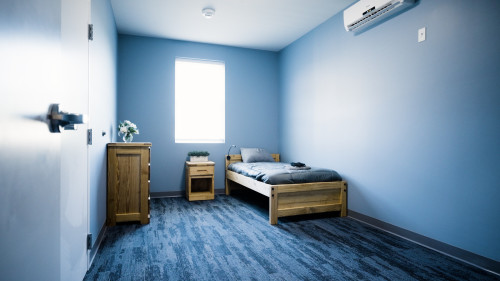



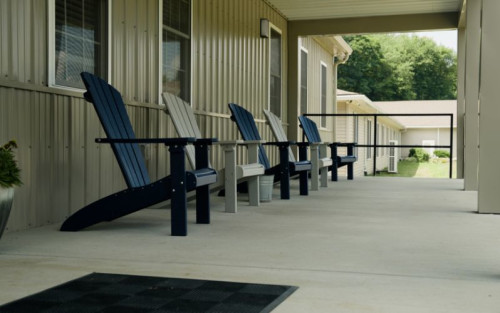
STR Behavioral Health - Silver Pines
Verified Center
This provider's information has been quality-checked by Recovery.com's Research Team for accuracy and completeness, including center verification through appropriate third-party organizations.
Treatment Focus
This center treats substance use disorders and mental health conditions. You'll receive individualized care catered to your unique situation and diagnosis, learn practical skills for recovery, and make new connections in a restorative environment.
Primary Level of Care
Offering intensive care with 24/7 monitoring, residential treatment is typically 30 days and can cover multiple levels of care. Length can range from 14 to 90 days typically.
Treatment Focus
This center treats substance use disorders and mental health conditions. You'll receive individualized care catered to your unique situation and diagnosis, learn practical skills for recovery, and make new connections in a restorative environment.
Primary Level of Care
Offering intensive care with 24/7 monitoring, residential treatment is typically 30 days and can cover multiple levels of care. Length can range from 14 to 90 days typically.
Provider's Policy
Silver Pines is in-network with many insurance companies and can also accept out-of-network benefits from other major insurance providers. We accept Geisinger Health Plan, MHC, Capital, Quest, UPMC, and Allied Trades along with the insurance providers listed below. For those preferring to pay for treatment directly, we offer a private-pay rate. If you have any questions about payment options or treatment, our admissions team can answer them and guide you through the next steps. Note that Silver Pines does not accept Medicaid and Medicare.
STR Behavioral Health - Silver Pines
STR Behavioral Health - Silver Pines
About STR Behavioral Health - Silver Pines
Silver Pines provides detox and residential treatment for addiction and mental health conditions. They use a holistic approach to help clients heal their minds, bodies, and spirits for comprehensive healing. Silver Pines treats men and women in gender-specific groups, with specialized process and therapy groups for LGBTQ+ clients. They include family with therapy sessions, support groups, and education for loved ones.
Supervised Detox
Silver Pines begins treatment with residential detox services, if needed. They supervise the process with a 24/7 team of nursing staff. Clients begin therapy sessions after stabilizing in detox, then progress into full residential treatment. During each phase, clients can benefit from on-site fitness and the surrounding nature.
Comprehensive, Personalized Treatment
Silver Pines combines a variety of evidence-based and holistic therapies to offer clients a comprehensive recovery experience. Their therapies include cognitive behavioral therapy (CBT), dialectical behavioral therapy (DBT), trauma therapy, contingency management programs, mindfulness-based stress reduction (MBSR), and family therapy. Silver Pines additionally provides Reiki, yoga classes, sound therapy, crystal therapy, aroma therapy, art therapy, and meditation classes.
Treating Co-Occurring Disorders
Silver Pines treats addiction and mental health conditions with dual-diagnosis treatment. Their therapies cater to both at once, helping clients heal from mental health disorders and past traumas. Silver Pines can treat anxiety disorders, bipolar disorders, borderline personality disorder (BPD), depressive disorders, obsessive-compulsive disorder (OCD), schizophrenia and schizoaffective disorder.

Highlights from the Center
Highlights
These highlights are provided by and paid for by the center.
Holistic Approach
CARF Accredited
Certified Professionals
Trauma-Informed Care
Center Overview
Treatment Focus
This center treats substance use disorders and mental health conditions. You'll receive individualized care catered to your unique situation and diagnosis, learn practical skills for recovery, and make new connections in a restorative environment.
Joint Commission Accredited
The Joint Commission accreditation is a voluntary, objective process that evaluates and accredits healthcare organizations (like treatment centers) based on performance standards designed to improve quality and safety for patients. To be accredited means the treatment center has been found to meet the Commission's standards for quality and safety in patient care.

Insurance Accepted
Cash Pay Rates
Estimated Cash Pay Rate
Center pricing can vary based on program and length of stay. Contact the center for more information. Recovery.com strives for price transparency so you can make an informed decision.
Meet Your Care Team
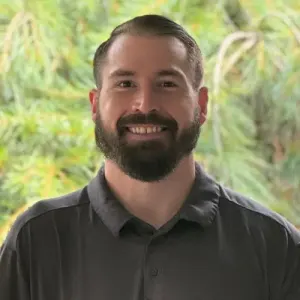
Brandon Williams
Executive Director
LPC

Matthew Sommons
Medical Director
MD
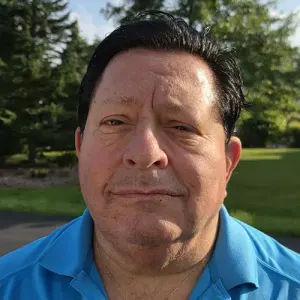
Dr. Matthew Sophy
Associate Medical Director
DO

Kyle Mummey
Physician Assistant
M.S.

Tyler Scicchitano
Physician Assistant
MPAS, PA-C
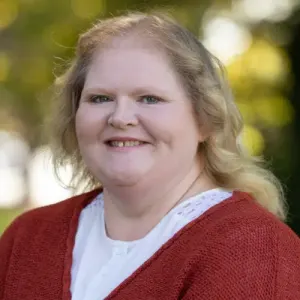
Rita Hartz
Nurse Manager
LPN
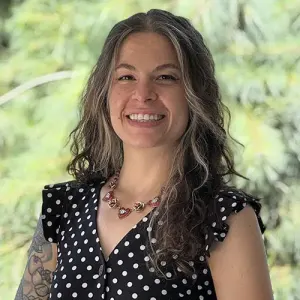
Andreana Ferrari
Executive Chef
BS, Certified Nutrition Coach

Pate DuBois
Clinical Program Manager
MS, AMF
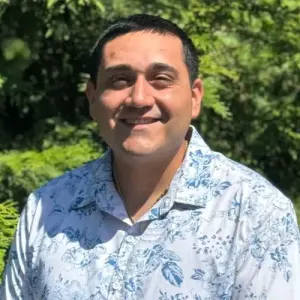
Jesus Carmona
Therapist

Alisha Barnes
Therapist
MS, LPC, CCTP

Zachary Houser
Therapist
CADC
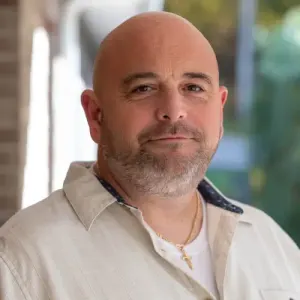
Harry Fisher
Therapist for Veterans & First Responders
BS

Doug Chupasko
Lead Behavioral Health Tech

Dana McFadden
Lead Behavioral Health Tech
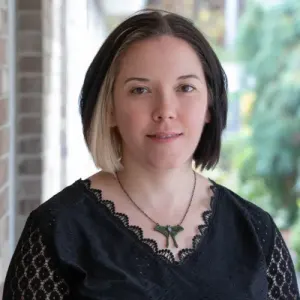
Deidre Grieder
Art Therapist
MAAT, ATR
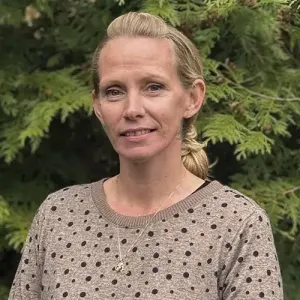
Victoria Jago
Care Manager

Kate Blonsky
Holistic Care Counselor
BS
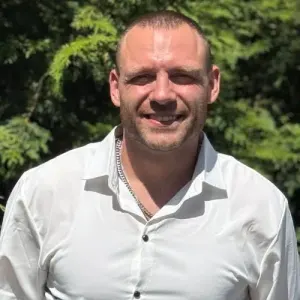
James Price
Counselor Assistant

Catherine Hoag
Care Manager
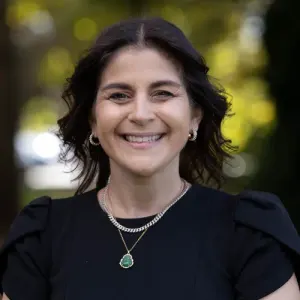
Jennifer Cataldi
Alum Coordinator




Levels of Care






Your Care Options
Specializations
Alcohol
Using alcohol as a coping mechanism, or drinking excessively throughout the week, signals an alcohol use disorder.
Co-Occurring Disorders
A person with multiple mental health diagnoses, such as addiction and depression, has co-occurring disorders also called dual diagnosis.
Depression
Symptoms of depression may include fatigue, a sense of numbness, and loss of interest in activities. This condition can range from mild to severe.
Drug Addiction
Drug addiction is the excessive and repetitive use of substances, despite harmful consequences to a person's life, health, and relationships.
Opioids
Opioids produce pain-relief and euphoria, which can lead to addiction. This class of drugs includes prescribed medication and the illegal drug heroin.
Who We Treat
Older Adults
Addiction and mental health treatment caters to adults 55+ and the age-specific challenges that can come with recovery, wellness, and overall happiness.
Young Adults
Emerging adults ages 18-25 receive treatment catered to the unique challenges of early adulthood, like college, risky behaviors, and vocational struggles.
LGBTQ+
Addiction and mental illnesses in the LGBTQ+ community must be treated with an affirming, safe, and relevant approach, which many centers provide.
Midlife Adults
For adults ages 40+, treatment shifts to focus on the unique challenges, blocks, and risk factors of their age group, and unites peers in a similar community.
Pregnant Women
Addiction and mental health treatment meets the clinical and psychological needs of pregnant women, ensuring they receive optimal care in all areas.
Approaches
Family Involvement
Providers involve family in the treatment of their loved one through family therapy, visits, or both–because addiction is a family disease.
Holistic
A non-medicinal, wellness-focused approach that aims to align the mind, body, and spirit for deep and lasting healing.
Individual Treatment
Individual care meets the needs of each patient, using personalized treatment to provide them the most relevant care and greatest chance of success.
Personalized Treatment
The specific needs, histories, and conditions of individual patients receive personalized, highly relevant care throughout their recovery journey.
Twelve Step
Incorporating spirituality, community, and responsibility, 12-Step philosophies prioritize the guidance of a Higher Power and a continuation of 12-Step practices.
Wellness
Wellness philosophies focus on the physical, mental, and spiritual wellness of each patient, helping them restore purpose with natural remedies.
Therapies
1-on-1 Counseling
Patient and therapist meet 1-on-1 to work through difficult emotions and behavioral challenges in a personal, private setting.
Meditation & Mindfulness
A practiced state of mind that brings patients to the present. It allows them to become fully aware of themselves, their feelings, and the present moment.
Mindfulness Therapy
This ancient practice can be mental, emotional, and even spiritual. In meditation, you focus your attention on the present moment without judgement.
Aromatherapy
Inhaling or topically applying essential oils can help relieve stress, soothe pains, and relieve emotional distress.
Art Therapy
Visual art invites patients to examine the emotions within their work, focusing on the process of creativity and its gentle therapeutic power.
Expressive Arts
Creative processes like art, writing, or dance use inner creative desires to help boost confidence, emotional growth, and initiate change.
Family Therapy
Family therapy addresses group dynamics within a family system, with a focus on improving communication and interrupting unhealthy relationship patterns.
Conditions We Treat
Schizophrenia
Schizophrenia is a serious mental health condition that causes hallucinations, delusions, and disordered thinking.
Grief and Loss
Grief is a natural reaction to loss, but severe grief can interfere with your ability to function. You can get treatment for this condition.
Personality Disorders
Personality disorders destabilize the way a person thinks, feels, and behaves. If untreated, they can undermine relationships and lead to severe distress.
Anxiety
Anxiety is a common mental health condition that can include excessive worry, panic attacks, physical tension, and increased blood pressure.
Bipolar
This mental health condition is characterized by extreme mood swings between depression, mania, and remission.
Codependency
Codependency is a pattern of emotional dependence and controlling behavior. It's most common among people with addicted loved ones.
Depression
Symptoms of depression may include fatigue, a sense of numbness, and loss of interest in activities. This condition can range from mild to severe.
Gambling
Excessive, repetitive gambling causes financial and interpersonal problems. This addiction can interfere with work, friendships, and familial relationships.
Obsessive Compulsive Disorder (OCD)
OCD is characterized by intrusive and distressing thoughts that drive repetitive behaviors. This pattern disrupts daily life and relationships.
Substances We Treat
Alcohol
Using alcohol as a coping mechanism, or drinking excessively throughout the week, signals an alcohol use disorder.
Benzodiazepines
Benzodiazepines are prescribed to treat anxiety and sleep issues. They are highly habit forming, and their abuse can cause mood changes and poor judgement.
Chronic Relapse
Consistent relapse occurs repeatedly, after partial recovery from addiction. This condition requires long-term treatment.
Co-Occurring Disorders
A person with multiple mental health diagnoses, such as addiction and depression, has co-occurring disorders also called dual diagnosis.
Cocaine
Cocaine is a stimulant with euphoric effects. Agitation, muscle ticks, psychosis, and heart issues are common symptoms of cocaine abuse.
Drug Addiction
Drug addiction is the excessive and repetitive use of substances, despite harmful consequences to a person's life, health, and relationships.
Heroin
Heroin is a highly addictive and illegal opioid. It can cause insomnia, collapsed veins, heart issues, and additional mental health issues.
Psychedelics
Hallucinogenic drugs—like LSD—cause euphoria and increased sensory experiences. When abused, they can lead to depression and psychosis.
Languages
Aftercare
Care Designed for Your Needs
Personal Amenities
Amenities
Special Considerations
Flexible technology policies
Centers with flexible technology policies allow professionals to stay in touch with work and give patients a greater sense of connection and normalcy.
Gender-specific groups
Patients in gender-specific groups gain the opportunity to discuss challenges unique to their gender in a comfortable, safe setting conducive to healing.
LGBTQ group
Group therapy unites LGBTQ+ patients in a safe and culturally competent setting, encouraging peer support under the expert leadership of a therapist.
Activities
Yoga
Yoga is both a physical and spiritual practice. It includes a flow of movement, breathing techniques, and meditation.
Off-Site Activities
Smoking and Vaping Policy

What people are saying
Treatment
4.9
Accommodations
4.9
Food & Nutrition
4.9
Value
4.9
Pros
- Quality Programming (7)
- Smooth Transition (7)
- Easy to Work With (7)
- Cares About Client (7)
Kevin Kaelin
Reviewed 04/21/23
Former Client
•Community liaison
Jimaine Titus
Reviewed 04/22/23
Referring Professional
•Business Development
Anonymous
Reviewed 04/22/23
Referring Professional
•Clinical Outreach Coordinator
Ethan
Reviewed 04/22/23
Referring Professional
•National Outreach
Louis DeSanto
Reviewed 04/20/23
Referring Professional
•Outreach Representative





